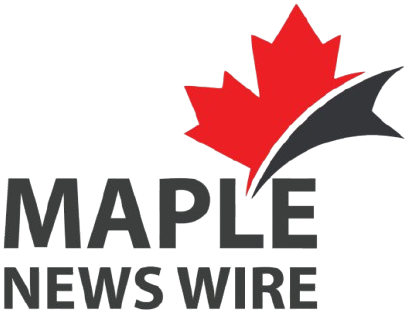B.C. independent MLAs deny racism accusations in the ongoing clash with First Nations groups over sovereignty and political statements made in the legislature.
A conflict in British Columbia’s legislature, which initially centered on political differences, has spiraled into a highly charged debate involving allegations of racism. Independent Members of the Legislative Assembly (MLAs) in B.C. have found themselves under intense scrutiny after comments they made regarding First Nations sovereignty.
The Roots of the Dispute: Comments Spark Controversy
The controversy erupted on May 1, when MLA Dallas Brodie made a speech in the legislature condemning what he referred to as threats to B.C.’s unity. These threats included political interference by foreign powers and the fragmentation of the province due to the assertion of sovereignty by over 200 First Nations. He also targeted environmental groups, accusing them of being influenced by U.S. interests.
This speech quickly provoked a strong response from Premier David Eby, who accused Brodie of engaging in “incoherent and consistently racist posturing” against Indigenous peoples. Eby emphasized the legitimacy of Indigenous rights and sovereignty in the province, further intensifying the clash.
The Penticton Indian Band’s Response
In an open letter, the Penticton Indian Band expressed “deep outrage” at the comments made by Brodie and his fellow independent MLAs, Tara Armstrong and Jordan Kealy. The band argued that the statements not only disregarded Indigenous rights but also contributed to a broader climate of systemic racism by suggesting that Indigenous governance was incompatible with the public good. The band’s letter called for the resignation of the independent MLAs, accusing them of spreading divisive and racist rhetoric.
The Independent MLAs Stand Their Ground
Despite the backlash, the MLAs have refused to retract their statements. Armstrong and Brodie issued their own letter in response, accusing the Penticton Band of misrepresenting their stance and labeling the reconciliation efforts in the province as part of a “disastrous” industry. They argued that B.C. cannot accommodate over 200 separate sovereignties, drawing parallels to how municipal governments operate without causing major controversy.
In interviews, Armstrong and Brodie denied any racist intent, maintaining that their comments were intended to promote equality and prevent divisions based on race. Armstrong claimed they are fighting for equal opportunities for all British Columbians and that they do not want to divide people along racial lines. Brodie echoed this sentiment, insisting their goal was to move away from policies rooted in racial differences.
Grand Chief Stewart Phillip Supports the Penticton Band
Grand Chief Stewart Phillip, a prominent Indigenous leader, voiced strong support for the Penticton Indian Band’s stance and condemned the independent MLAs’ response. He argued that their remarks were not only devoid of factual basis but also perpetuated discriminatory and racialized attacks on Indigenous peoples. Phillip pointed out that all B.C. MLAs had voted in favor of the United Nations Declaration on the Rights of Indigenous Peoples in 2019 and that the public’s awareness and support for residential school survivors had been growing. He characterized the comments made by Brodie as counterproductive, destructive, and divisive.
A Growing Divide on Indigenous Rights and Sovereignty
This ongoing dispute highlights the tension between the B.C. government and independent MLAs regarding Indigenous sovereignty and governance. As both sides continue to clash, the debate raises larger questions about how to balance the rights of Indigenous peoples with the broader political landscape in Canada. The accusations of racism and the opposing views on Indigenous sovereignty reflect deep-rooted divisions that continue to challenge efforts towards reconciliation in the country.
Stay tuned to Maple News Wire for continued updates on this developing story and its impact on B.C.’s political landscape.




